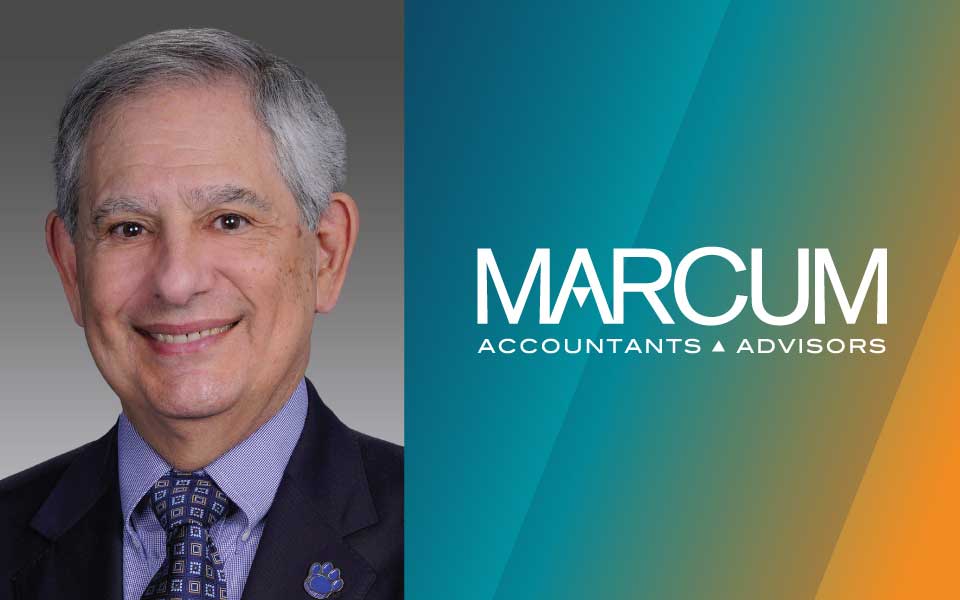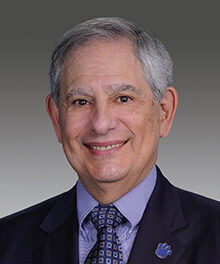Article by David Glusman, Advisory Services Partner and Michael Molder, Advisory Services Senior Manager, "Not Even Taxes Are Certain in Valuation of Pass-Through Entities," Featured in The Legal Intelligencer
The Legal Intelligencer
By David Glusman, Partner-in-Charge of the Philadelphia Office and Michael Molder, Advisory Services Senior Manager

Excerpt:
As Benjamin Franklin famously observed, “In this world nothing can be said to be certain, except death and taxes.” Obviously, Franklin wasn’t referring to business valuation where taxation is one of the most uncertain elements in the process. While professional judgment affects almost every aspect of business valuation, few issues raise hackles like the impact of taxes in valuing Subchapter S and other “pass-through entities” (PTEs). PTEs are not subject to tax at the entity level, but rather allocate taxable income and losses to owners who pay tax on the income whether or not the business actually distributes that income to them.
Value is “the price at which the property would change hands between a willing buyer and a willing seller… both parties having reasonable knowledge of relevant facts,” according to Internal Revenue Service Revenue Ruling 59-60. At its core, the value of a business interest is the present value of the anticipated future benefits of ownership that is, generally, the company’s earnings or net cash flow.
Traditional companies record income taxes on their financial statements, and that entity level tax reduces the business’ cash flow equally for all investors. In a PTE, the tax on the business’ earnings is levied at the equity holder level. The problem arises from the fact that owners’ tax situations vary widely. Federal individual tax rates range from 10 percent to 39.6 percent and depend on the marital status of the taxpayer. State income taxes, depending on residency, can add up to 12.3 percent (without adjusting for the federal income tax benefit of deducting state income taxes). Pension funds, charitable trusts and many other “institutional investors,” on the other hand, are tax-exempt. Depending on the owner’s specific tax status, the “after-tax” cash flow, the future benefits that are being analyzed to determine value, could vary. Thus, depending on who owns the equity, the value may change.
“Tax affecting” is one way to adjust for the variable scenarios that could apply to a PTE’s income. To tax affect the business’ income stream, the valuation analyst deducts an estimated tax from the benefit stream as if the entity were subject to a corporate income tax. Until the late 1990s, tax affecting was the accepted means to deal with equity holders’ varied tax statuses.
In Gross v. Commissioner, T.C. Memo. 1999-254, aff’d. 272 F.3d 333 (6th Cir. 2001), the tax court ruled that shareholders elect taxation under Subchapter S to obtain an economic benefit. The court accepted IRS reasoning that adjusting cash flows for “fictitious” corporate income tax values the subject entity as if it were a C corporation and fails to consider the economic value of the Subchapter S election. Over the next seven years, the Tax Court ruled against tax affecting cash flows in four other PTE cases.
While most business valuation precedent arises in the context of federal tax matters, the Tax Court does not hold all the cards in the game. Long considered for its expertise in corporate matters, the Delaware Chancery Court addressed tax issues of PTEs in Delaware Open MRI Radiology Associates v. Kessler, 898 A.2d 290 (Del. Ch. 2006). Delaware MRI dealt with a force-out merger where one group of shareholders owning a majority of the company’s stock sought to eliminate a group of shareholders that owned the rest of the stock. One of the many issues that Delaware Supreme Court Chief Justice Leo E. Strine Jr., then vice chancellor of the Chancery Court, addressed in determining the value of the company’s stock was the impact of the company’s Subchapter S election.


















